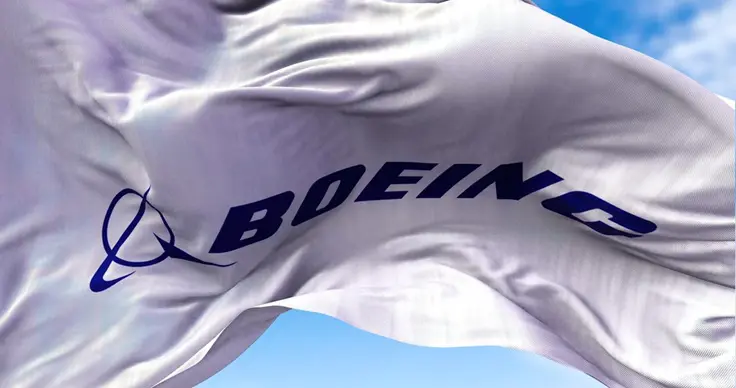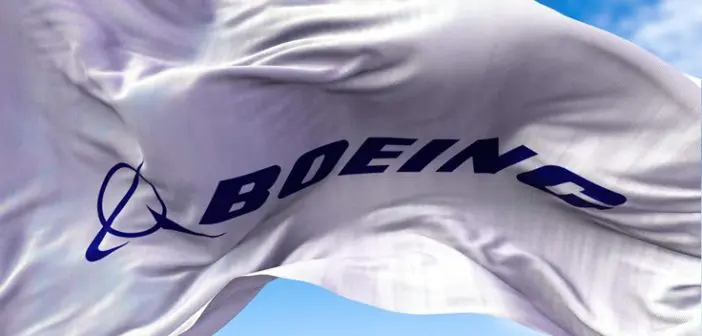
Written by staff writer.
Aerospace giant Boeing says it is well positioned to head off competition from the growing number of small and nano-satellite manufacturers.
Speaking to Space and Defense at the Singapore Air Show this week, Bernd Peters, Washington D.C.-based Vice President at Boeing Space and Defense says the company, best known for manufacturing large satellites, is confident that it can successfully compete against more nimble small and nano-satellite builders.
He cited Boeing’s 2018 acquisition of Millennium Space Systems as an example of it adapting technologies to compete in the small and nano-satellite space. “Boeing acquired Millennium, which is a small satellite provider based in Southern California and has an incredible capability,” Peters said. “The capability we have to compete in the small satellite world is enabled by owning Millennium, and we’re confident we’re competitive in that market.”
Millennium describes itself as an end-to-end small satellite prime contractor. The company says it takes “concepts” and turns them into satellites. It says it has developed 100 plus concepts to the preliminary design stage and 50 plus concepts to the critical design review stage.
Among Millennium’s higher-profile launches is the AQUILA small satellite, which provides the USAF with classified sensing capabilities, and the ALTAIR Pathfinder spacecraft, which was used to prove out avionics, software and additive manufacturing techniques. Boeing never disclosed what it paid for Millennium.
Peters said, one way or another, Boeing was involved in every big ticket US space venture, including Artemis, the International Space Station, CST-100 Starliner, the X37-B, United Launch Allliance, and the Space Launch System. He says the company has provided commercial, military, and government customers with space systems, particularly space communication systems, for over six decades.
“We have a strong lineage of space satellites,” he said. “We have commercial satellites and we have military satellites that we are working on.”
The company’s signature satellite product is the Boeing 702, a scalable platform that can operate in geosynchronous, medium-Earth or low-Earth orbits. Boeing has sold over 50 to date.
But the emergence of thousands of small and nano-satellite manufacturers around the world, and increased access to orbit through commercial launch providers like SpaceX and RocketLab, has presented as a competitive challenge to longstanding satellite makers like Boeing.
However, Peters says Boeing’s history of working with the US government and agencies like NASA also gives it an edge when it comes to managing regulatory and geopolitical issues surrounding space.
“There are always policy considerations when you’re thinking about global space capabilities, and we follow the lead of the US government on where we need to market our space capabilities,” he said. Despite increasing calls for more regulation around space access, Peters thinks the space sector offers operators like Boeing plenty of opportunity in the satellite and other spaces.
“There’s a lot of interest in space – we know that from the many conversations we have with customers around the world. Based on policy decisions, there are some market aspects we can serve and some we cannot, but we continue to be supportive of ongoing discussions knowing the demand for space capabilities keeps growing.”





